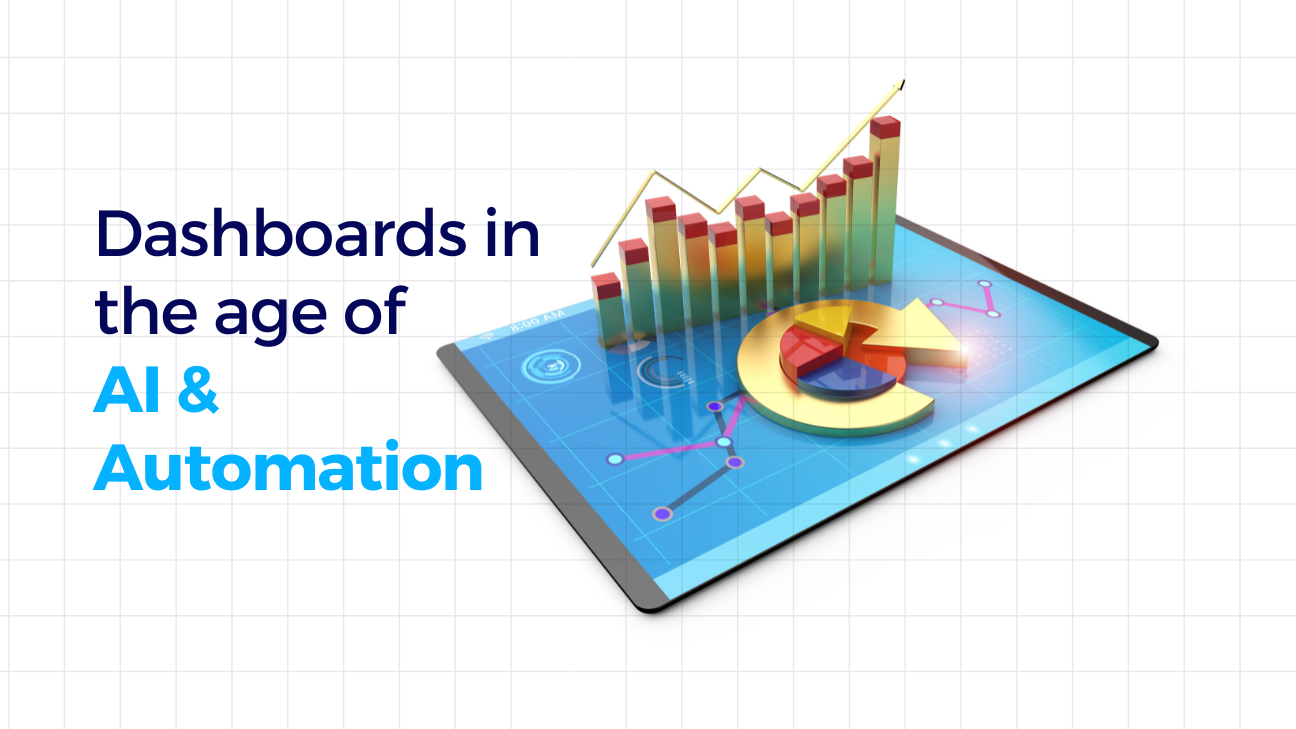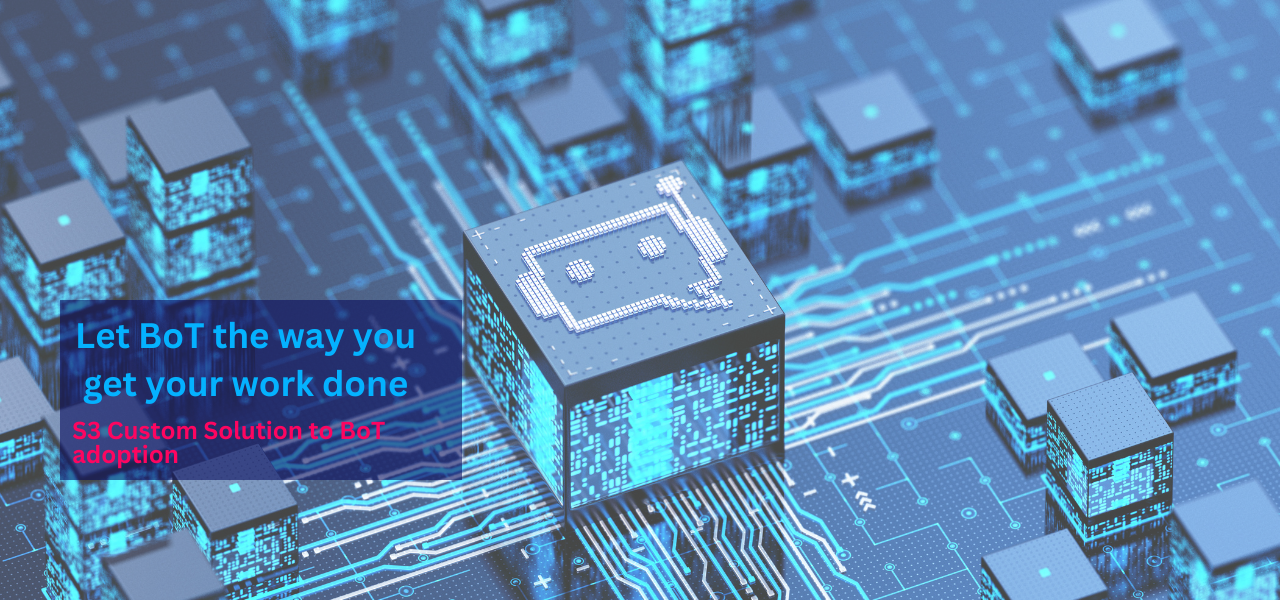Are Dashboards Still Relevant in Today’s Data-Driven World?

In the modern business environment, data is a critical asset. Companies rely on data to drive decisions, optimize processes, and understand customer behavior. One tool that has gained prominence in this data-driven landscape is the dashboard. But in an age where artificial intelligence (AI) and machine learning (ML) provide ever more sophisticated insights, many wonder: are dashboards still relevant?
The short answer is: yes, dashboards remain highly relevant, but their role and form are evolving.
Let’s explore why.
What is a Dashboard?
A dashboard is a visual representation of key performance indicators (KPIs), metrics, and data points for a specific objective or business process. These typically offer a snapshot of important data, often in real time, helping stakeholders monitor progress and make informed decisions.
Dashboards have been instrumental in simplifying the complexity of raw data, making it more accessible and actionable.
The Evolution of Dashboards
Historically, dashboards were simple, static representations of basic metrics—monthly sales reports or quarterly revenue. As technology evolved, dashboards became more dynamic, offering real-time updates and customizable visuals. Today’s dashboards allow users to drill down into data, filter specific elements, and present insights in a more interactive way.
However, this brings up the question: in an era of automated insights, do we still need dashboards?
Why Dashboards Are Still Relevant
- Data Democratization
Dashboards play a key role in making data accessible to a wider audience. Not everyone in an organization can analyze raw data or build complex models. Dashboards provide non-technical users with the ability to interpret data and make data-driven decisions without requiring advanced analytical skills.
- Real-Time Monitoring and Decision-Making
For many industries, the ability to monitor metrics in real time is crucial. Dashboards provide up-to-the-minute information on performance, enabling businesses to make timely decisions. For instance, in logistics or supply chain management, dashboards can alert managers to issues such as bottlenecks or delays, enabling rapid responses. - Visual Simplicity in Complex Data
With the massive influx of data that businesses collect daily, dashboards still provide an invaluable service: visual simplicity. Humans process visual information far faster than raw numbers or text. Dashboards distill complex data into visual cues like charts, graphs, and maps that are easier to digest and understand. - Customization and Focus
A well-designed dashboard isn’t just a data dump. It’s carefully curated to focus on the most important KPIs for the user’s specific role or function. This customization ensures that decision-makers are focused on the right data without being overwhelmed by information overload. - Accountability and Alignment
Dashboards foster accountability by making performance visible across teams. They enable clear tracking of progress against goals, aligning the organization on shared objectives. When team members can see how their efforts contribute to larger goals, it encourages engagement and focus.
Dashboards in the Age of AI and Automation
While dashboards remain relevant, it’s essential to acknowledge the shift toward AI-driven insights and automated decision-making tools. Many modern platforms now offer “smart” dashboards that integrate AI to predict trends, identify anomalies, and even recommend actions. These platforms move beyond merely presenting data to actively analyzing it for deeper insights.
The rise of natural language processing (NLP) has also led to the development of dashboards that allow users to query data in everyday language, making the experience more intuitive and accessible. Instead of spending time searching through charts and filters, users can simply ask, “What were our sales numbers last month?” and receive a direct answer.
The Future of Dashboards
The future of dashboards likely involves deeper integration with AI, where they are less about providing a static view of data and more about acting as decision-making assistants. Dashboards may evolve into platforms that offer proactive insights and suggestions rather than waiting for users to request information.
Conclusion
Dashboards are not going anywhere. While AI and machine learning are transforming how we interpret and use data, dashboards continue to play a critical role in democratizing data, providing real-time insights, and fostering accountability. As technology evolves, so will dashboards, likely becoming more interactive, AI-powered, and intuitive.
In a world of increasing data complexity, dashboards still offer a relevant, powerful tool for businesses looking to turn data into action.




